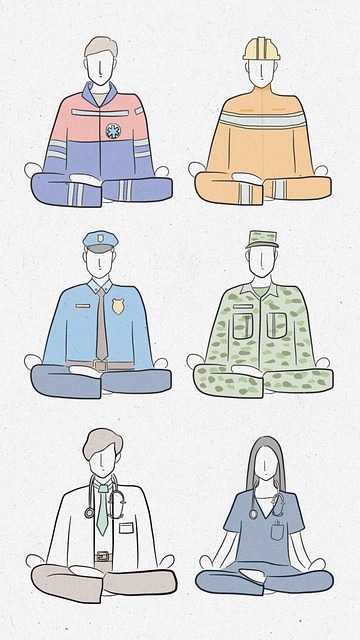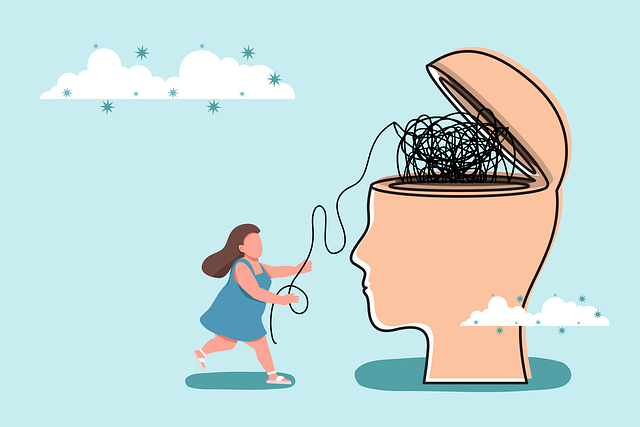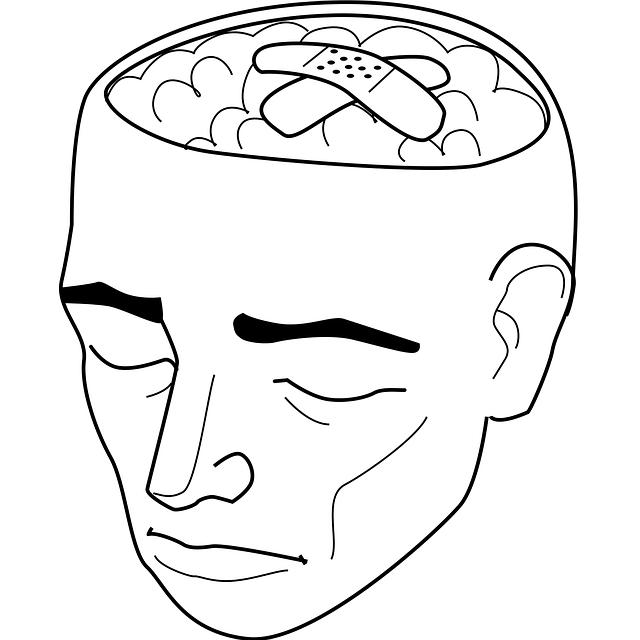Englewood Adolescent and Teen Therapy equips youth with vital coping skills using evidence-based practices, mindfulness, problem-solving, and emotional regulation techniques. Their holistic approach combines individual and group sessions, improving mood management, building resilience, and preventing mental health issues. Through workshops, community outreach, and self-reflection, teens develop effective stress and emotion management strategies for everyday life, fostering overall well-being.
“Coping skills development is a vital asset for youth navigating life’s challenges. This comprehensive guide explores effective strategies through the lens of Englewood Adolescent and Teen Therapy. We delve into the significance of understanding coping mechanisms, examining the role of specialized therapy in teaching resilient strategies. By exploring personal coping mechanisms, individuals can fortify their emotional well-being. Furthermore, we provide practical applications to integrate these skills into daily life, empowering youth to face challenges head-on.”
- Understanding Coping Skills: An Essential Tool for Youth
- The Role of Englewood Adolescent and Teen Therapy in Teaching Coping Strategies
- Identifying Personal Coping Mechanisms: A Journey Inward
- Practical Applications: Enhancing Coping Skills in Daily Life
Understanding Coping Skills: An Essential Tool for Youth

Understanding coping skills is a pivotal step in empowering youth to navigate life’s challenges. These skills serve as adaptive mechanisms, enabling individuals to manage stress, regulate emotions, and cope with difficult situations effectively. For adolescents and teens, developing robust coping strategies is particularly crucial, as this period of life often presents unique pressures and transitions. Engaging in healthy coping behaviors can prevent the onset of mental health issues and foster overall well-being.
At Englewood Adolescent and Teen Therapy, we recognize that equipping young people with strong coping skills is an essential aspect of comprehensive therapy. Our healthcare providers are trained in cultural competency, ensuring that interventions are sensitive to diverse backgrounds and experiences. By integrating evidence-based practices into our therapeutic approach, we guide youth towards improving their mood management abilities and building resilience. Through individual and group sessions, teens learn techniques such as mindfulness, problem-solving, and emotional regulation strategies, empowering them to handle life’s stressors and promote positive mental health outcomes. Additionally, Mental Health Policy Analysis and Advocacy plays a role in creating supportive environments that encourage the development and utilization of these essential coping skills among young individuals.
The Role of Englewood Adolescent and Teen Therapy in Teaching Coping Strategies

Englewood Adolescent and Teen Therapy plays a pivotal role in equipping young individuals with essential coping skills to navigate life’s challenges. Through tailored therapeutic programs, they address the unique emotional needs of adolescents and teens, fostering resilience and self-efficacy. The therapists at Englewood use evidence-based techniques, such as cognitive-behavioral therapy, to teach clients practical strategies for managing stress, anxiety, and difficult emotions. This approach empowers young people to develop healthy coping mechanisms that promote long-lasting emotional well-being.
One of their innovative programs, the Community Outreach Program Implementation, goes beyond traditional therapy by engaging the community in the process. By incorporating positive thinking exercises and emotional well-being promotion techniques, this program creates a supportive network that reinforces the skills learned during individual therapy sessions. Through workshops, group discussions, and interactive activities, adolescents gain valuable insights into stress management, emotional regulation, and building healthy relationships—skills that will serve them throughout their lives.
Identifying Personal Coping Mechanisms: A Journey Inward

Uncovering personal coping mechanisms is a profound journey inward, one that empowers individuals to navigate life’s challenges with resilience and grace. At Englewood Adolescent and Teen Therapy, we emphasize this introspective process as a cornerstone of holistic well-being. By exploring one’s unique strengths and vulnerabilities, teenagers can develop effective strategies to manage stress, anxiety, or difficult emotions. This involves delving into personal values, passions, and interests that foster positive coping mechanisms.
Mindfulness meditation and communication strategies are valuable tools within this journey. Encouraging teens to be present in the moment and cultivate awareness of their thoughts and feelings can significantly enhance mood management skills. Similarly, learning effective communication techniques allows them to express emotions healthily, fostering deeper connections and understanding with peers, family, or therapists. These coping mechanisms, discovered and nurtured through self-reflection, serve as a protective shield against life’s storms, enabling teenagers to thrive despite adversity.
Practical Applications: Enhancing Coping Skills in Daily Life

Coping skills development goes beyond theoretical knowledge; its true value lies in practical applications that enhance daily life. At Englewood Adolescent and Teen Therapy, we emphasize the importance of teaching teens and young adults tangible strategies to navigate stress, anxiety, and emotional challenges. Through various therapeutic techniques, individuals learn to build inner strength and cultivate compassion, empowering them to cope effectively.
Practical coping mechanisms include establishing a structured self-care routine for better mental health. This involves setting aside dedicated time for activities that promote relaxation, such as exercise, meditation, or engaging in hobbies. Additionally, learning mindfulness practices can help individuals stay present and reduce the impact of overwhelming emotions. By incorporating compassion cultivation practices into their lives, teens can develop a deeper sense of self-acceptance and empathy towards others, fostering healthier relationships and a more positive outlook.
Coping skills development is a vital journey for adolescents and teens, especially when navigating life’s challenges. As highlighted by Englewood Adolescent and Teen Therapy, understanding and implementing effective coping strategies can significantly enhance overall well-being. By identifying personal mechanisms and utilizing practical applications discussed in this article, young individuals can foster resilience and navigate life’s complexities with greater ease.










